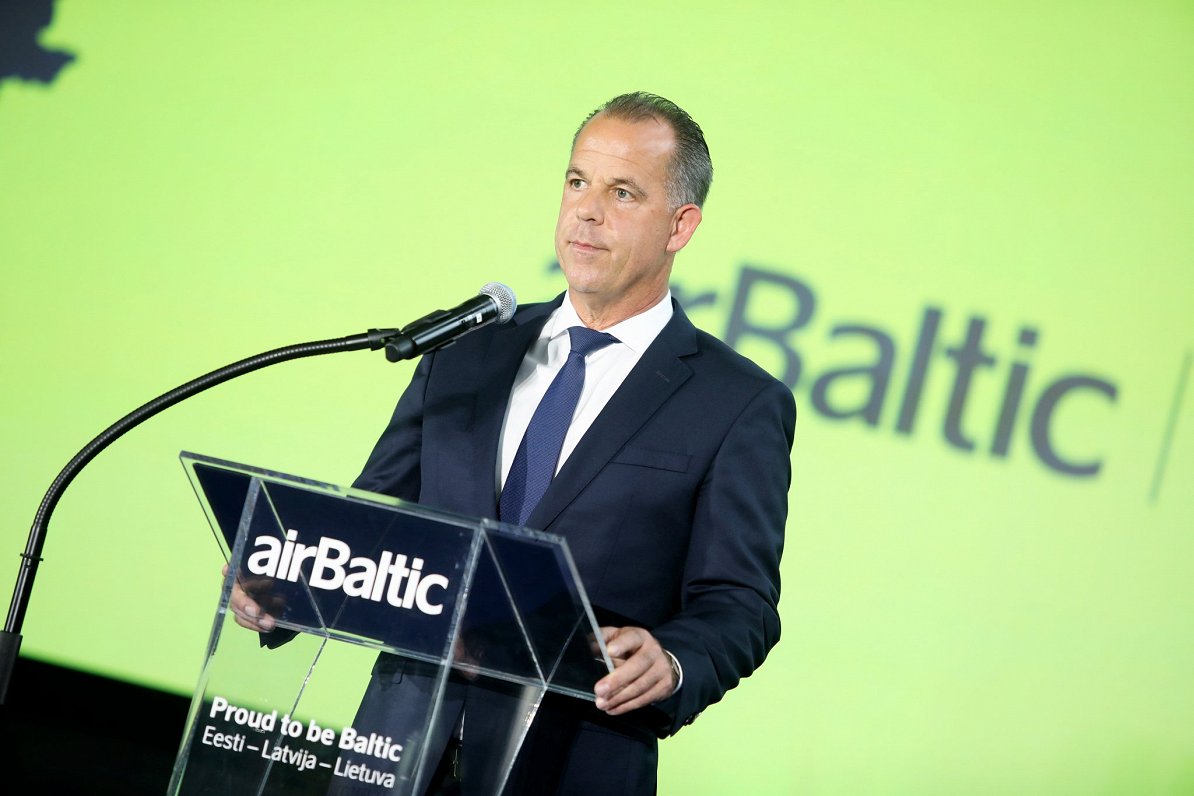“If volumes start to grow in the spring and activity returns to normal in the summer, we think a second investment will not be needed. At the same time, we see that a number of European airlines are already requesting assistance from governments.
If we see the situation remains unchanged in the spring, and it will be concluded that COVID-19 has not disappeared, then we will also have to go to the government,” the head of airBaltic said.
He explained that over the summer, state-granted €250 million was spent on airBaltic's capital to cover the fixed costs associated with the COVID-19 crisis, as well as to cover compensation for approximately 700 employees made redundant.
The head of airBaltic also noted that there will be no additional fired employees until spring and that the airline will continue to work with around 1000 employees. However, if the situation does not improve, further spending cuts will have to be considered.
Gauss said that airBaltic currently has more than 300 flights per week and about 10-15 thousand passengers are transported. The airline's revenue is between €1.1 and €1.5 million per week.
“It's fundamentally less than it was in the summer. At the same time, our income is able to cover flight costs, but we do not earn or cover all our costs. However, despite the low passenger loads of aircraft, flight costs can now be covered,” said Gauss.
He said that expenses not covered by flight revenues currently amount to €3.5 to 4 million per week.
“We, like other airlines, also have high fixed costs. This is the situation throughout aviation sector, since the fixed costs of aircraft maintenance, employee pay, leasing and other payments are higher than revenue (..) airBaltic's share is lower if we compare with the industry as a whole, because we have a relatively small spending base,” explained the manager of airBaltic.
Gauss pointed out that airBaltic plans to complete this year in line with its business plan with losses of €250-280 million. “If nothing unexpected happens and December is not worse than November, then it's possible,” he said.
At the same time, Gauss expressed hope that the effects of COVID-19 vaccination will be felt in the spring and air transport will start to recover. “We are not likely to see any further changes in January and February, but it should be in March and April that countries begin to lift the restrictions, and this will mean that flights will automatically start again,” the head of airBaltic predicted.































